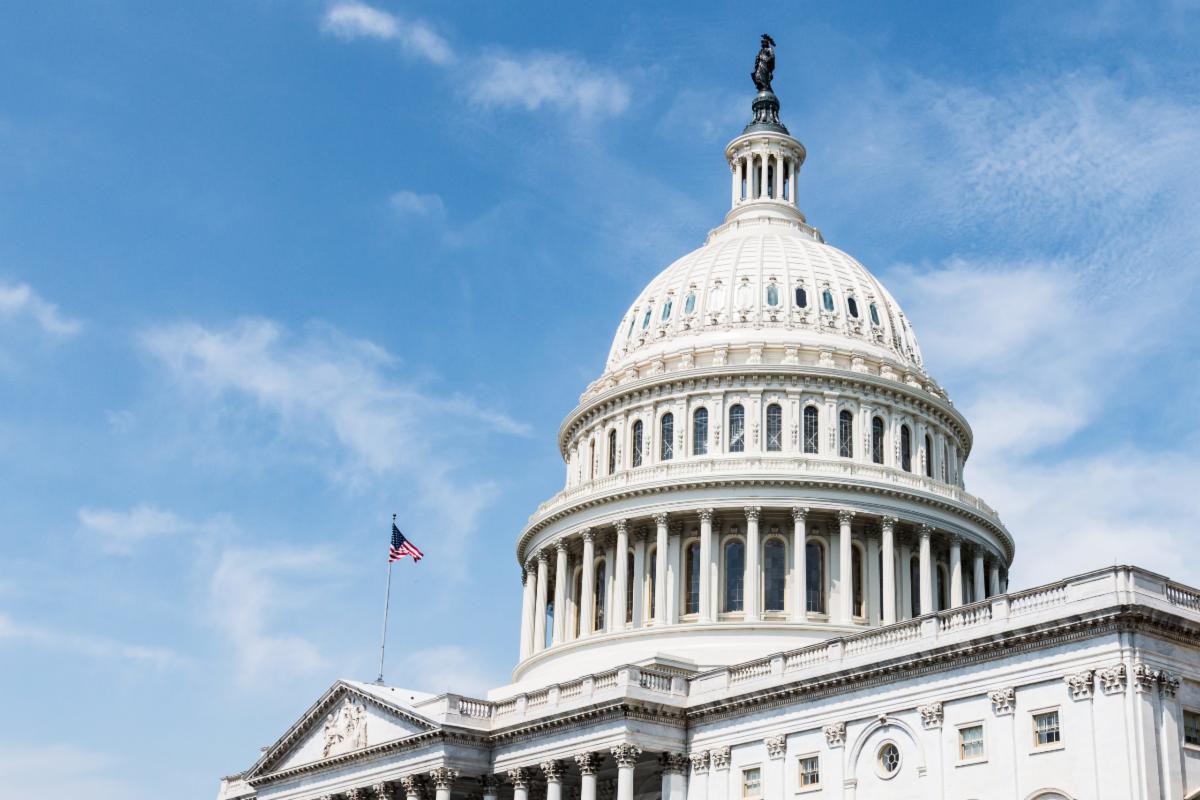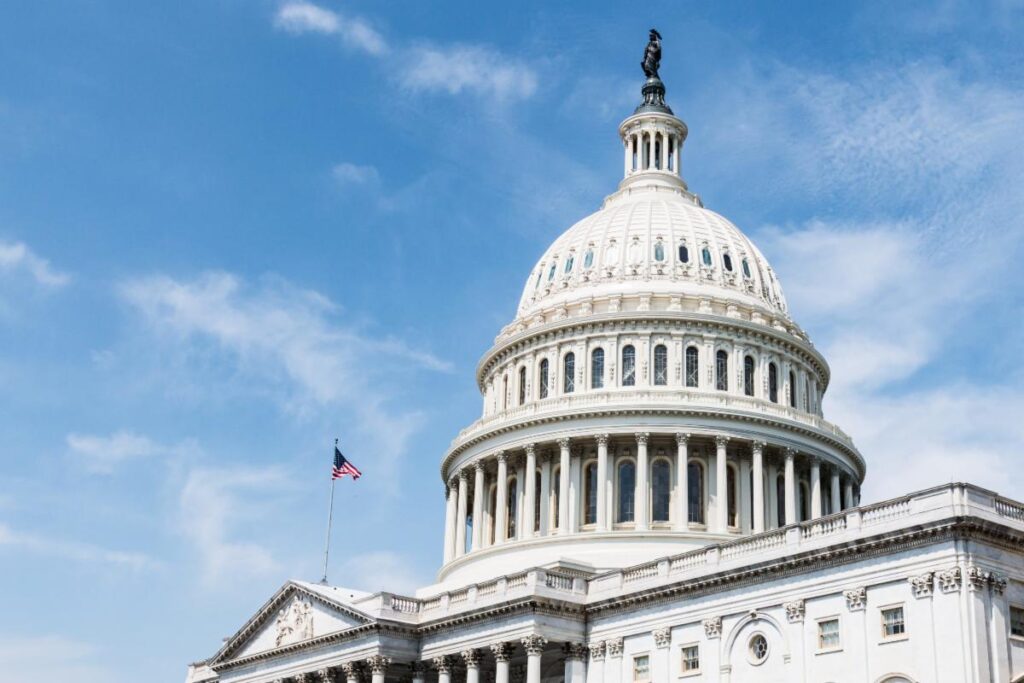
Home | Archives for January 2024

CLDA Members are encouraged to share news about their company. CLDA may share on social media, in newsletters or on the website.

Ready to share your news with CLDA or the industry media? Learn from these tips and tricks on how to get noticed.

To see the newly-released rule, go to https://www.federalregister.gov/d/2024-00067.
INDIANAPOLIS, IN, Jan. 16, 2024 — On January 9, the Department of Labor (DOL) issued the final version of the rule to determine whether a worker is an employee or independent contractor (IC) under the Fair Labor Standards Act (FLSA). In this version of the rule, the DOL’s definition of an IC has shifted to a more employee-slanted one. Past administrations have defined IC status using two primary factors – opportunity for profit and loss and control – and four secondary factors. In the DOL’s new interpretation, that decision will be based on all six factors, making it more likely that an IC will be deemed to be an employee.
“This interpretation is slanted in favor of finding employee status and particularly unfair to the delivery and trucking industries,” says Mark Cossack, head of Government Affairs at the Customized Logistics & Delivery Association. “We took this issue head-on, mobilizing our 2,900 members, many of whom rely on independent contractors. We vigorously lobbied against the changes in both written and in-person avenues. There was also an outcry from other industries that use ICs. As a result, the January 9 release of the rule has been changed. These came about because of our association’s aggressive in-person and written efforts to actively engage with the Office of Management and Budget (OMB) and the DOL, respectively, to outline the position of our members. It represents a slight softening of the rule that was initially proposed. That original version would have severely restricted the use of ICs under federal minimum wage and overtime laws.”
Cossack pointed out that this rule change does not signal the end of this contentious issue. “This is just another step towards a realistic and complete definition of an IC on the federal level,” says Cossack. “We will continue to advocate for litigation challenging the rule and federal legislation adequately defining an IC.”
The association is currently organizing a trip to Washington, DC, to meet with legislators to explain the need for a formal and realistic definition of an IC. “The fight is not over. We need the help and financial support of every business that depends on ICs to meet customer demands. We can’t do this alone,” says Cossack.
The rule is scheduled to be implemented on March 11, 2024. The changes included as a result of our lobbying efforts include:
“These changes are more positive than the DOL’s originally proposed rules,” says Cossack. “The version the department originally proposed would have severely restricted the use of ICs under federal minimum wage and overtime laws. Nevertheless, it still makes using ICs to respond to customers’ needs more difficult than it was previously. The definition of an IC is still very convoluted. This rule puts a complicated six-pronged economic realities test in place that determines whether an individual is an employee or an independent contractor. The DOL has the full discretion to enforce this test, and its interpretation depends upon the facts and circumstances of each case.”
The new rule change is not the final word on the definition of an independent contractor and sets up another round of challenges from those depending on ICs. “The rule will be challenged in the courts,” predicts Cossack, pointing to others already joining the association’s fight. “The Coalition for Workforce Innovation (CWI) already has a pending case before the 5th Circuit Court of Appeals challenging the withdrawal of the independent contractor rule issued by the Trump administration. It is also possible the American Trucking Association (ATA) and companies like Uber and Lyft will challenge this rule in the courts. In addition, we will be reaching out to the individuals we formerly met at the Office of Management and Budget (OMB), Office of Information and Regulatory Affairs (OIRA), and the DOL. We appreciate that they listened to some of the objections we raised in our past meetings and made changes that moved the rule in the direction CLDA recommended. But we will emphasize that more revisions must be made to make it a workable regulation to keep the wheels of commerce moving.”
To see the newly-released rule, go to https://www.federalregister.gov/d/2024-00067.
About The CLDA
The Customized Logistics and Delivery Association (CLDA) represents the first to final miles of the supply chain in the US and worldwide. This non-profit professional association serves the needs of its 2,900 essential service members: logistics professionals, carriers, shippers, drivers, air cargo logistics providers, 3PLs, and vendors servicing today’s supply chain companies. The CLDA gives its members access to a diverse network of logistics professionals looking to create new business opportunities and share decades of practical insights. They provide an avenue for amplifying members’ voices on critical issues and help them participate in the regulatory discussions shaping the industry. The CLDA keeps members informed and educated on trends, current issues, and best practices. For more information, see clda.org.
Media Contact
Andrea Obston
aobston@aomc.com
(860) 803-1155